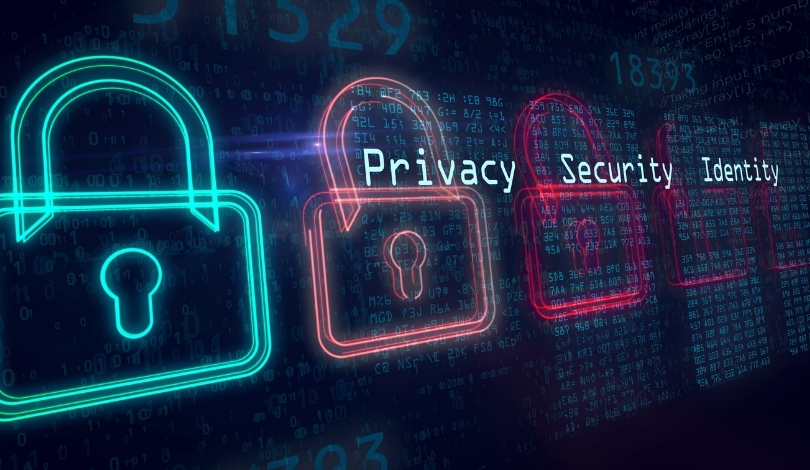National Cyber Director Harry Coker aims to enhance federal coherence by uniting various government sectors. His office, created over three years ago by Congress and developed into an 80-person entity by the Biden administration, seeks to strengthen collaboration within the federal system. This move intends to tackle intricate cybersecurity issues and ensure comprehensive national defense against increasing cyber threats.
Strengthening Federal Collaboration
Coker articulated his office’s internal and external efforts in a recent CyberScoop interview. He emphasized a collaborative leadership style, focusing on alignment over hierarchy. He noted,
“We lead by collaboration…as long as we’re working together to push in the right direction.”
Coker, who stepped into this role seven months ago, follows the tenure of Chris Inglis, who left amid internal conflicts. Despite not witnessing the previous administration’s dynamics firsthand, Coker maintains regular discussions with key figures like Anne Neuberger and Jen Easterly, ensuring effective communication and mutual respect.
Private and Public Sector Synergy
The National Cyber Director’s Office collaborates extensively with other agencies and the private sector. Recently, it partnered with the Office of Management and Budget to set cyber priorities for the fiscal year 2026 budget. Coker highlighted the importance of leveraging the National Institute of Standards and Technology’s expertise, especially in promoting memory-safe computer languages. He stated,
“NIST has got the technical capabilities, depth, and breadth…we work with them.”
Developing Cybersecurity Talent
Addressing the cyber workforce shortage is another priority for Coker. He stresses the importance of closing the gap between government and private sector skills, advocating for a complementary rather than competitive approach. He remarked,
“We’re not competing with the private sector… Neither side has the best answers in every area.”
Coker also seeks to eliminate college degree requirements for certain federal jobs, predicting that artificial intelligence advancements will render such prerequisites less critical for cybersecurity roles.
Previously, the National Cyber Director’s role focused heavily on internal federal processes. Now, Coker emphasizes broader collaboration, involving both public and private sectors. Historical tensions within the office seem to have subsided, and current initiatives aim to build stronger interagency ties and streamline cybersecurity efforts. The approach has shifted from isolated operations to an integrated network, reflecting changes in both strategy and execution over time.
Economic prosperity is increasingly viewed as a component of cybersecurity, a perspective that has evolved under the Biden administration. This broader definition aligns cybersecurity with national security, highlighting the importance of safeguarding economic infrastructure. The historical contrast shows a narrower focus on direct cyber threats, whereas current strategies incorporate economic stability as a cornerstone of national defense.
Coker’s office is dedicated to addressing complex challenges by fostering an environment of continuous improvement and collaboration. The emphasis on workforce development, both within the government and in partnership with the private sector, reflects a strategic shift towards holistic problem-solving in cybersecurity. Initiatives such as removing degree requirements for certain roles and working closely with specialized agencies like NIST indicate a pragmatic approach to leveraging available expertise.
Providing support to state, local, tribal, and territorial governments is also a key focus. These entities face significant threats from nation-state actors, and Coker acknowledges the necessity of additional resources. He points out the evolving nature of these threats and the need for a robust, collaborative response to safeguard critical infrastructure, such as water supplies in small towns.










